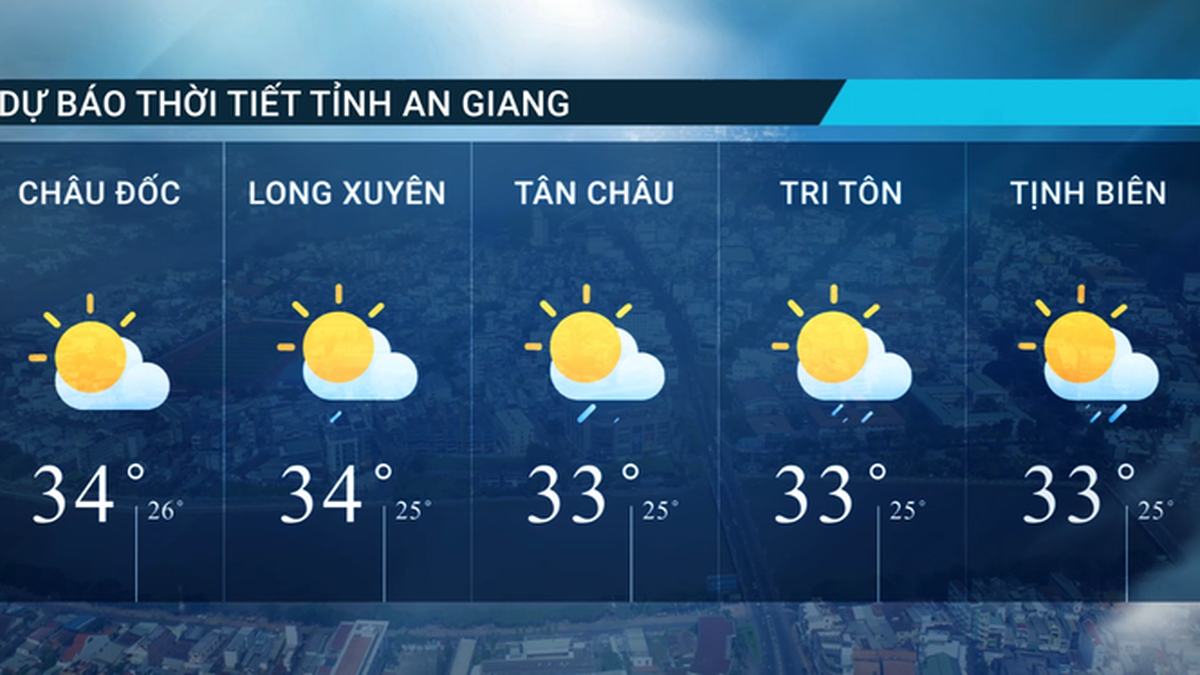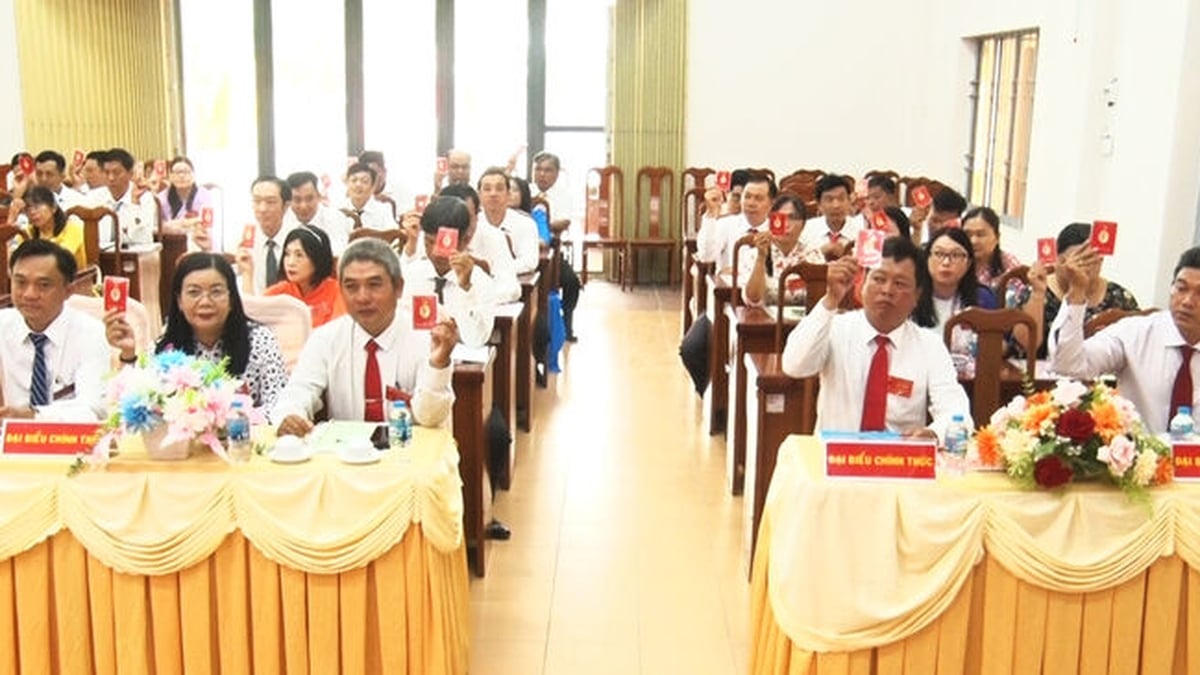
Remove obstacles
According to the policy of Resolution No. 68-NQ/TU dated May 4, 2025 of the Politburo on private economic development, many specific support policies for private enterprises have been approved by the National Assembly. In particular, according to Resolution No. 198/2025/QH15 of the National Assembly on a number of special mechanisms and policies for private economic development, enterprises in the private economic sector, business households, and individual businesses are supported by the State with an interest rate of 2% when borrowing capital to implement green, circular projects and apply the environmental, social, and governance (ESG) standards framework. This is an important content to remove major obstacles for enterprises in the private economic sector, including groups of micro-enterprises, business households, and individual businesses, who are limited in resources and have difficulty borrowing capital, especially capital for investment in high-cost, long-term fields.
Statistics up to April 2025, the average lending interest rate for new transactions of commercial banks decreased by 0.6%/year compared to the end of 2024, creating conditions for private enterprises to reduce capital pressure in production and business. For 5 priority areas (export, agriculture , high technology, small and medium enterprises, supporting industry), lending interest rates are stable at 4%/year.
Regarding commercial banks, Deputy General Director of the Bank for Agriculture and Rural Development of Vietnam ( Agribank ) Phung Thi Binh said that currently, the bank's total outstanding loans have reached more than 1.7 million billion VND, of which more than 60% are allocated to the agricultural, rural and farmer sectors - the main customer group is private economic households.
Notably, of the nearly VND500,000 billion in outstanding loans to corporate customers, up to 90% belongs to private enterprises. According to the assigned plan, in 2025, Agribank will be allocated a credit growth limit of 13%, equivalent to about VND230,000 billion that will be put into circulation. Of this capital, Agribank has determined that it will mainly lend to customers in the private economic sector.
Other commercial banks such as Vietcombank, BIDV, VietinBank, MB, ACB… are also implementing many preferential loan packages to support private enterprises, business households, small and medium enterprises to expand production and business activities.
Improve access to credit
Experts say that to improve access to credit, private enterprises and small and medium-sized enterprises need to first improve transparency in financial management, especially accounting records, and strengthen management capacity. This is a condition for banks to accurately assess the performance and reliability of enterprises, thereby being ready to accompany and provide appropriate capital sources.
BIDV General Director Le Ngoc Lam commented that identifying sustainable development, green economy, and ESG is becoming a trend in every country in the world. In the relationship between growth contributions and sustainable development of enterprises, banks play an intermediary role in providing green capital products and services. Completing the legal framework and transparent mechanisms to mobilize green capital from international sources is very necessary for commercial banks to proactively increase green capital, implementing the direction of supporting green capital for the economy in general and the private economy in particular.
In addition, businesses themselves must have a strategy for green economic development, clearly understand ESG standards; at the same time, combine ESG mobilization into business, set green standards and comply with green regulations and commitments, so that banks have a basis to identify the right subjects when reviewing green finance.
To improve access to capital for private enterprises and support the private economic sector to make a breakthrough, Deputy Governor of the State Bank of Vietnam Dao Minh Tu said that the State Bank of Vietnam will continue to operate a proactive and flexible monetary policy to stabilize the macro economy, control inflation, stabilize exchange rates and stabilize lending interest rates, contributing to creating a stable business environment...
At the same time, the State Bank of Vietnam will monitor, inspect and examine commercial banks that increase deposit and loan interest rates and do not comply with the direction of the Prime Minister and the State Bank; research, review and perfect the bank credit policy mechanism, create conditions to remove difficulties for private enterprises to access capital...
Resolution No. 198/2025/QH15 of the National Assembly is also expected to be an important legal framework for the State Bank to proactively support liquidity for banks. Commercial banks will no longer have to "look at each other" when participating in the support program. The State Bank will also promote its proactive role as a lender of last resort in the monetary system, ensuring a smooth and stable flow of support capital in the long term.
Source: https://hanoimoi.vn/khoi-thong-nguon-von-cho-kinh-te-tu-nhan-but-pha-703604.html

































































































Comment (0)